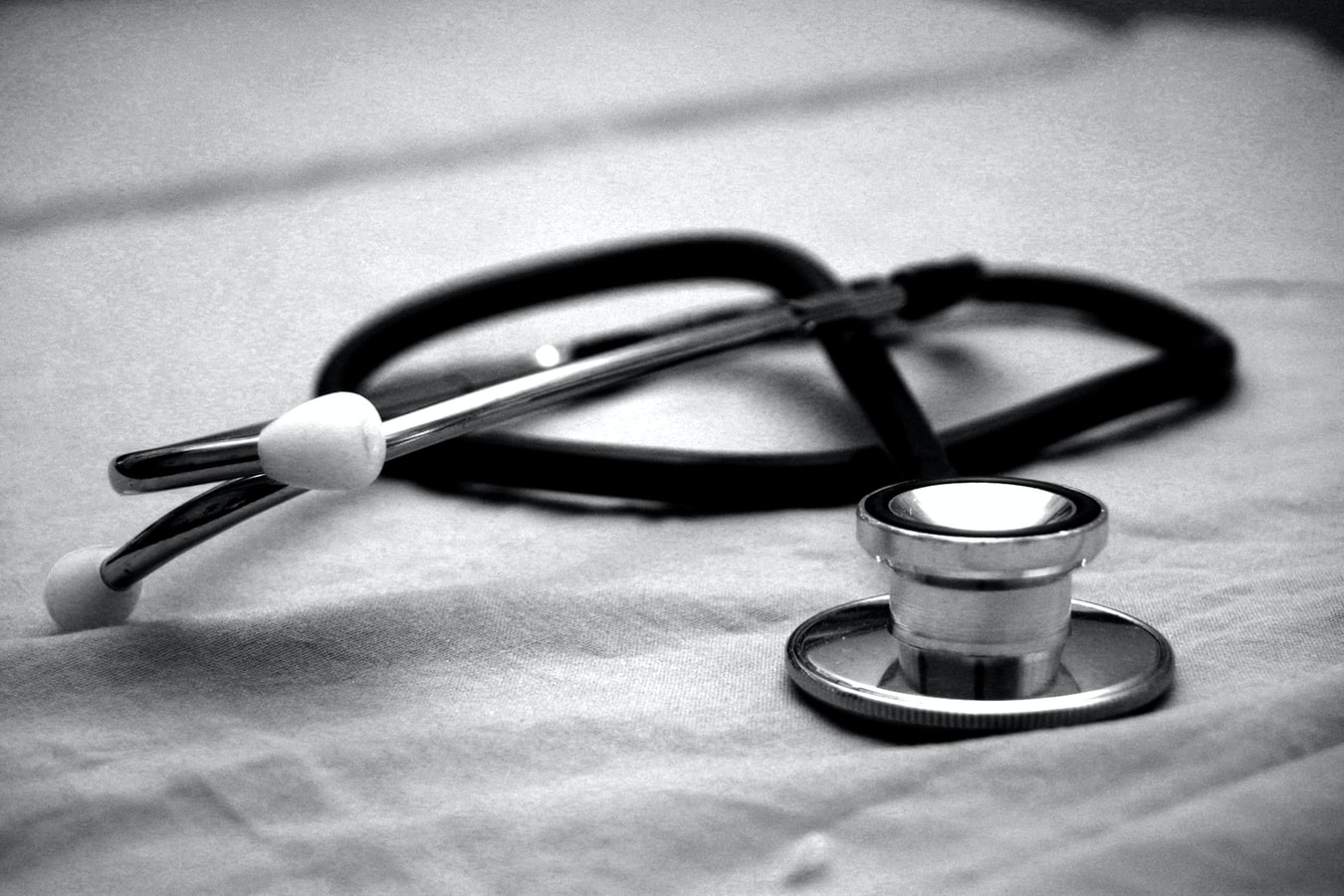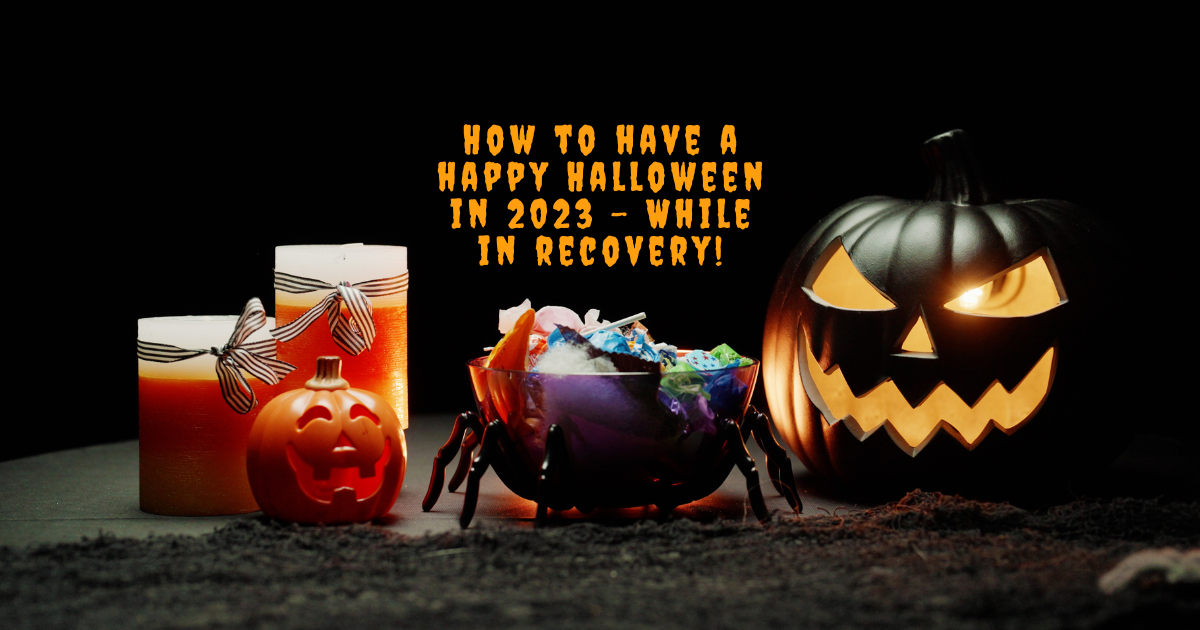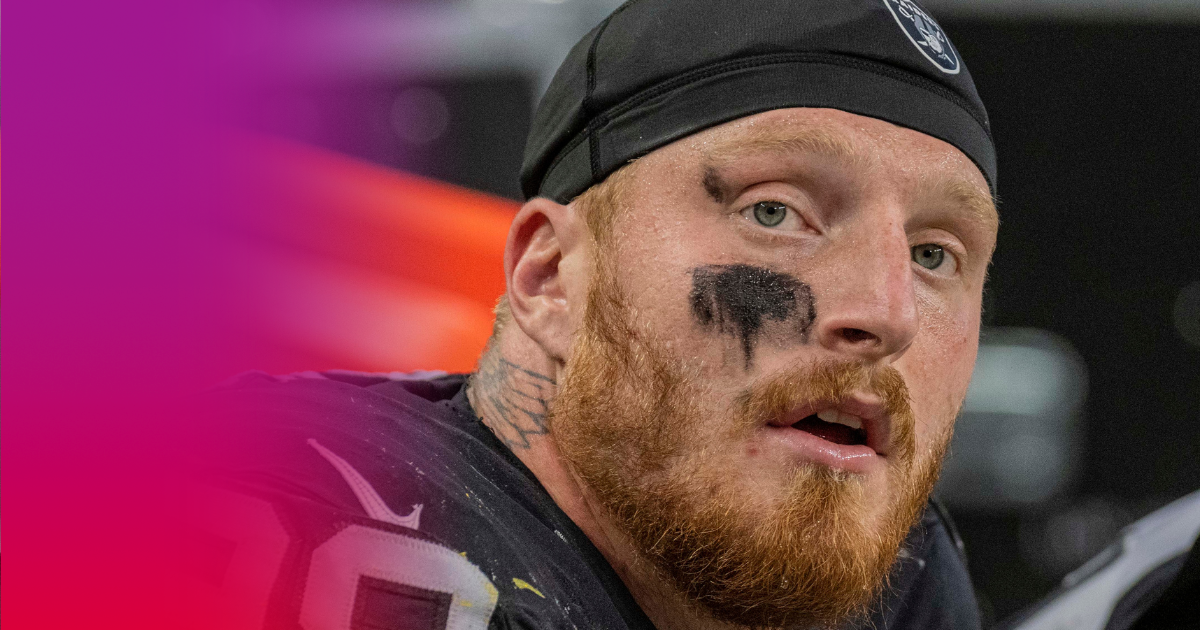People that undergo Medication Assisted Recovery (known as MAT) have a specific set of obstacles in their way when it comes to achieving and maintaining sobriety. They are in particular need for support that addresses reducing the amount of medication they take over time, and more direct access to psycho-social support programs. Any form of Medication Assisted Recovery needs to offer a comprehensive program that addresses these issues, otherwise risk of relapse increases.
What is Medication Assisted Recovery?
Medication Assisted Recovery is helping an addict achieve sobriety through the administration and gradual withdrawal from a low grade form of the drug they were abusing. For example Suboxone is a prescription medication used for the treatment of opioid addiction. It is a combination of two different drugs: buprenorphine (an opioid partial agonist) and naloxone (an opioid antagonist), and helps to reduce withdrawal symptoms and cravings while preventing misuse. Utilizing Suboxone to treat opioid addiction works best when administered by professional staff and in tandem with a tested therapeutic and aftercare program. This is what Medication Assisted Recovery (MAR) looks like, and this approach has an overall higher success rate for those suffering from addiction to opioids.
History of Medication Assisted Recovery
Methadone became the only FDA approved opioid agonist until 2002, when buprenorphine was also approved as part of the DATA 2000 Act. Methadone itself was initially developed by German scientists in 1937. After WW2, scientists in the United States developed the drug further into a commercial product. The legislation that brought buprenorphine into the spotlight made it legal for patients to recieve a doctor’s prescription for a month’s supply of the drug at a time. This was important because it alleviated the methadone clinics from constantly having to fulfill orders. It also reduced the stigma of taking a medication to assist in recovery. Eventually, the Substance Abuse and Mental Health Services Administration published the first guidelines for Medication Assisted Treatment for Opioid Dependence.
It was of vital important to convey the whole range of programs supporting MAT, because it encompasses more than just taking a pill to make the pain go away. It includes psycho-social support groups, behavioral therapies, and supervised medical care. Without programs that address gradually reducing reliance on medication to treat opioid addiction, chance of relapse are increased.
Most Commonly Used MAR Drugs
Suboxone
Suboxone is a prescription medication used for the treatment of opioid addiction. It is a combination of two different drugs: buprenorphine (an opioid partial agonist) and naloxone (an opioid antagonist), and helps to reduce withdrawal symptoms and cravings while preventing misuse.
Naltrexone
Naltrexone is also used as an effective treatment for alcohol withdrawal. It works by blocking the opioid receptors in the brain to reduce cravings while stopping the effects of heroin from taking place.
Buprenorphine
Buprenorphine, while used as a part of Suboxone, can also be administered by itself. Buprenorphine works with the same opioid receptors that heroin affects, but it is limited and not nearly as potent. Buprenorphine is effective for withdrawal and cravings.
Methadone
Methadone is more widely known than buprenorphine, but it works in the same fashion. Methadone use is controversial because, when used excessively, it can cause a build up in the body, making overdose a more likely outcome. Methadone users run the risk of becoming addicted.
The Specific Challenges Facing Those in MAR
Patients undergoing MAR are usually those at the most vulnerable position in their recovery. They’ve likely only recently stopped taking their drug of choice, and have either finished detox or are just starting detox. More public education about the process behind MAR could go a long way toward public acceptance. The reason it is used is because it significantly reduces the desire to relapse immediately following detox. The medications used typically alleviate withdrawal symptoms, and in some cases block the receptors in the brain from achieving the same level of high from the drug of choice.
Because off their risk of becoming addicted to these medications, those in MAR may require support groups that cater specifically to their drug. For example, there are Methadone Anonymous groups and Medication Assisted Treatment Groups such as Ability, Inspiration, and Motivation (AIM). They may be harder to find, but at least in these groups, patients will be able to escape the hostility they may experience from those in recovery who do not believe in MAR. Some websites to check out for MAR communities are:
http://www.addictionsurvivors.org/
https://www.dailystrength.org/group/suboxone-support-group/
MARS Project
The MARS Project is a peer based recovery support network designed specifically for people in Medication Assisted Recovery. This organization is sponsored by the National Alliance of Medication-Assisted Recovery and was originally launched in 2005 with the assistance of the Albert Einstein College of Medicine. Now, there are more than seventeen programs across the United States.
The MARS Project advances the cause of Medication Assisted Recovery by developing holistic treatment approaches, hosts educational conferences on MAT, and supports an alumni network. They help drug free programs across the nation integrate medication assisted treatment into their systems. They have an International Training Institute, Coach Training, Ethics Training, and MAT Training.
It seems obvious that we should want to ensure comprehensive support is included in any administering of Medication Assisted Recovery. They could be our best chance of successfully treating drug and alcohol addiction. We’ve tried for decades, but simple abstinence based treatment for opioid addiction just flat out doesn’t work. Adding medicines to existing programs is also not going to be effective if we don’t construct carefully thought out and regimented programs that address the need to gradually wean off these medications while being actively engaged in treatment.
Next Steps
If you’re seeking help organizing medication assisted recovery for a loved one, don’t hesitate to seek out the assistance of trained professionals. If you’re looking for alcohol rehab in Indianapolis, Landmark Recovery provides drug & and alcohol recovery centers in Indiana that help addicts take the first steps towards achieving and maintaining sobriety. Our caring staff is trained in residential treatment, individual and group therapy, as well as intensive outpatient and detox treatment.

Choose Recovery Over Addiction
We're here 24/7 to help you get the care you need to live life on your terms, without drugs or alcohol. Talk to our recovery specialists today and learn about our integrated treatment programs.






